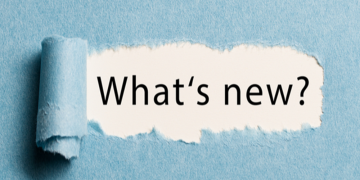If your company’s offering you a Roth 401(k) match, you should contribute enough to trigger that free money and boost your retirement savings.
But take note: This financial move could lead to a tax bill.
SECURE Act 2.0, which passed in December 2022, allowed employers for the first time to match Roth 401(k) contributions directly into a Roth account. Before the new law, employers had to establish a second traditional 401(k) for their contributions to retirement funds.
There’s a wrinkle in the new rules, though.
Remember that your Roth 401(k) contributions are taxed, which allows you, the employee, to withdraw the money during your retirement years without paying taxes on it.
Protect your assets: Best high-yield savings accounts of 2023
But it’s different for your employer. Their contributions to your Roth 401(k) through matches are pre-tax, just like they would be if your company matched a traditional 401(k).
That means you’re on the hook to pay taxes on your company’s Roth contributions the year they’re made.
“The biggest pitfall is remembering to…cover the employer contributions,” said Mark Steber, chief tax information officer at tax preparer Jackson Hewitt.
If, for example, your employer contributes $500 to your Roth 401(k), that’s $500 of income you need to pay taxes on, he said.
Roth 401(k) vs. Roth IRA:What’s the difference?
What taxes will you owe?
- You’ll owe federal taxes on the amount your employer contributes each year.
You’ll “receive a 1099-R with a…


























































